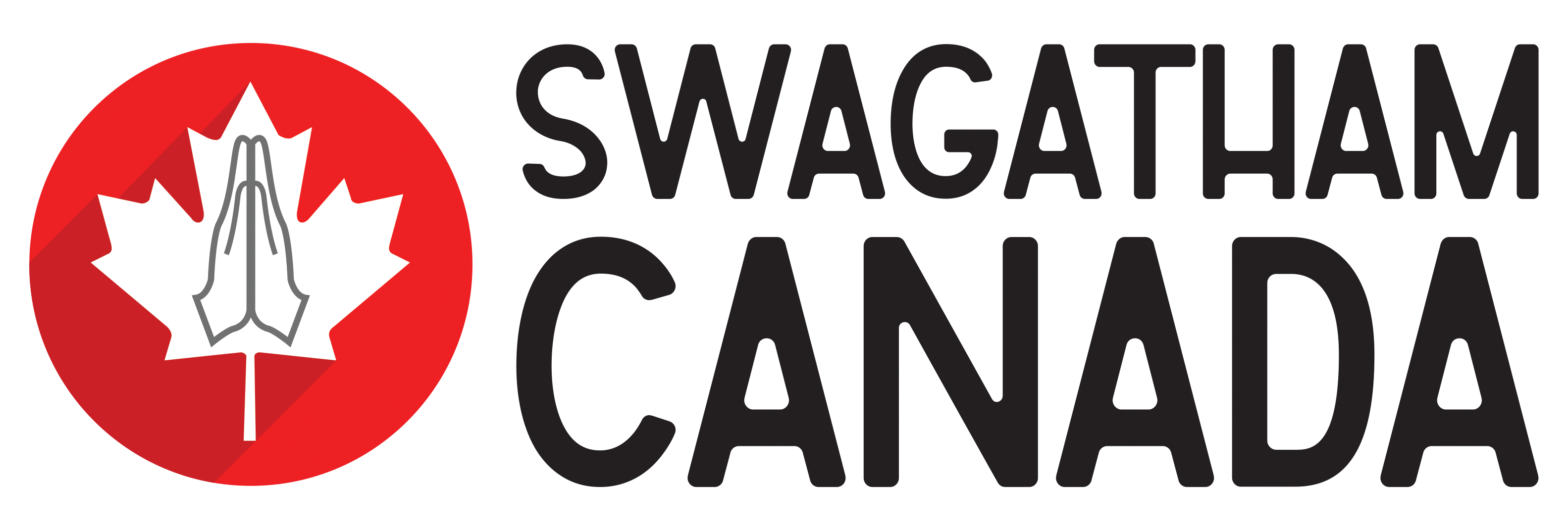The recent hike in the Bank of Canada‘s interest rate has triggered a ripple of reactions across the nation’s economic landscape. From the housing market to household debt, the effects of this move are far-reaching. This article delves into the intricacies of this development, providing insights into its implications for various aspects of the economy and the individual citizen.
Unpacking the Rate Increase
The Bank of Canada (BoC) recently raised its benchmark interest rate, a move that is expected to impact the interest rates on various financial products and debt. This decision has come at a time when Canadians are grappling with record levels of household debt, a situation that could potentially hamper the recovery of the country’s real estate market by negatively affecting mortgage affordability.
This move can be traced back to the beginning of 2023 when the BoC declared its intention to retain its key lending rate as long as inflation seemed to be on track to return to recent historical norms of 2%. This announcement came on the heels of eight consecutive rate hikes that commenced in March 2022, pushing the benchmark rate from 0.25% to 4.5%.
The Role of Inflation in the Rate Hike
Inflation, as indicated by the Consumer Price Index (CPI), has been the driving force behind the rate hikes in Canada and other regions of the globe throughout 2022. In Canada, the annual rate of inflation had been gradually returning to the BoC’s target of 2% after peaking at 8.1% in June 2022. However, in April 2023, inflation clocked in at 4.4%–up from 4.3% in March, marking the first increase in the CPI in 10 months. The BoC interpreted this as an indication that rates needed to be increased to curb demand and keep inflation under control.
In its June rate announcement, the BoC pointed out higher than expected price jumps across a variety of goods and services as an indication that consumer demand remains strong and the labour market continues to be tight. It also noted that Canada recorded GDP growth of 3.1% during the first quarter of 2023, which exceeded expectations. The BoC concluded that monetary policy was not adequately restrictive to bring supply and demand back into balance and return inflation sustainably to the 2% target.
The Impact of the BoC’s Rate on Financial Activities
The BoC’s rate has profound implications for your finances, whether you’re applying for a mortgage, using a line of credit, repaying a student loan, or living off retirement income. To comprehend the BoC’s policy interest rate, also known as the overnight rate, it’s crucial to understand the role of inflation.
Inflation is a consistent increase in the level of consumer prices or a persistent decline in the purchasing power of money. Gradual inflation over time aids in maintaining a strong economy by making increases in wages and expenses predictable for businesses and consumers. However, inflation that exceeds the norm makes it more challenging for individuals to afford everyday expenses.
The BoC aims to keep inflation stable at 2%–or within the target range of 1% to 3% per year. The overnight rate is the BoC’s primary tool for achieving its inflation target. The overnight rate influences how the banks will set their own rates. It acts as a sort of barometer for the rate at which major banks borrow and lend among themselves. When the BoC raises the overnight rate, it becomes more expensive for banks to borrow money, and those costs are passed on to borrowers through higher interest rates.
The Policy Interest Rate Explained
The policy interest rate is set by a country’s central bank, such as the Bank of Canada. The BoC’s policy rate serves as a reference point for the rates that banks charge to consumers. These rates influence the interest rates you pay on your mortgage, your home equity line of credit, and other types of credit.
Effects of Rate Increases on Homeowners
If you are planning on renewing your mortgage, buying a home, or taking out a loan, it’s crucial to ask yourself, “Can I handle that debt or that new loan at a higher interest rate than I’m receiving today?” The recent increase in interest rates could significantly impact your monthly payments, especially if your new amortization period is short, and the balance on the mortgage at the time of renewal is substantial.
For those with a variable-rate mortgage, recent rate increases will affect you differently. Your payments have probably increased, to mirror the prime rates.
The Stress Test for Homebuyers
If you’re buying a new home and you’re making a down payment of less than 20%, federal rules require you to pass a stress test. The stress test requires borrowers to prove they can make mortgage payments at whichever rate is greater: the rate offered by their lender, or the 5-year fixed rate set by the Bank of Canada. The recent increases will likely make the stress test more challenging for some homebuyers.
Impact of Higher Interest Rates on Savers
When interest rates go up, so do consumers’ expectations for interest rates on savings accounts. Recent hikes may mean slightly higher rates on savings accounts and guaranteed investment certificates (GICs) down the road. While the banks aren’t obligated to raise savings account interest in proportion to borrowing interest rates, competitive pressures may eventually result in a rise.
Preparing for an Interest Rate Rise
The steady hike in rates since January 2022 have changed the landscape for those taking out a loan. Especially for homeowners who’ve enjoyed years of historically low rates. Economists are divided as to whether more hikes are in the cards. Regardless of the economic forecast, it’s never a bad idea to make a budget and stick to it as best you can, build an emergency fund for unexpected expenses, make a financial plan with your advisor, and try to limit your spending and chip away at your debt.
The Bank of Canada’s interest rate increase is a noteworthy event that will affect many aspects of the economy and individual citizens. Understanding its implications is crucial for making informed financial decisions. As the situation continues to unfold, staying informed and prepared will be key to navigating this new financial landscape.
For more Real Estate related articles, please visit Real Estate section of Swagatham Canada








